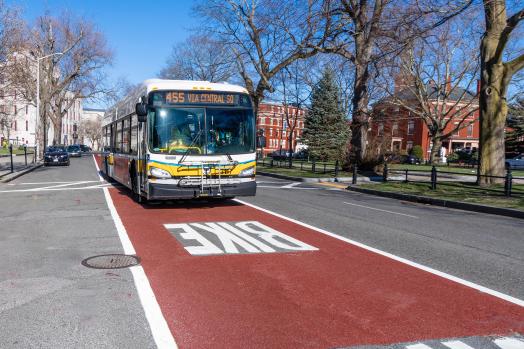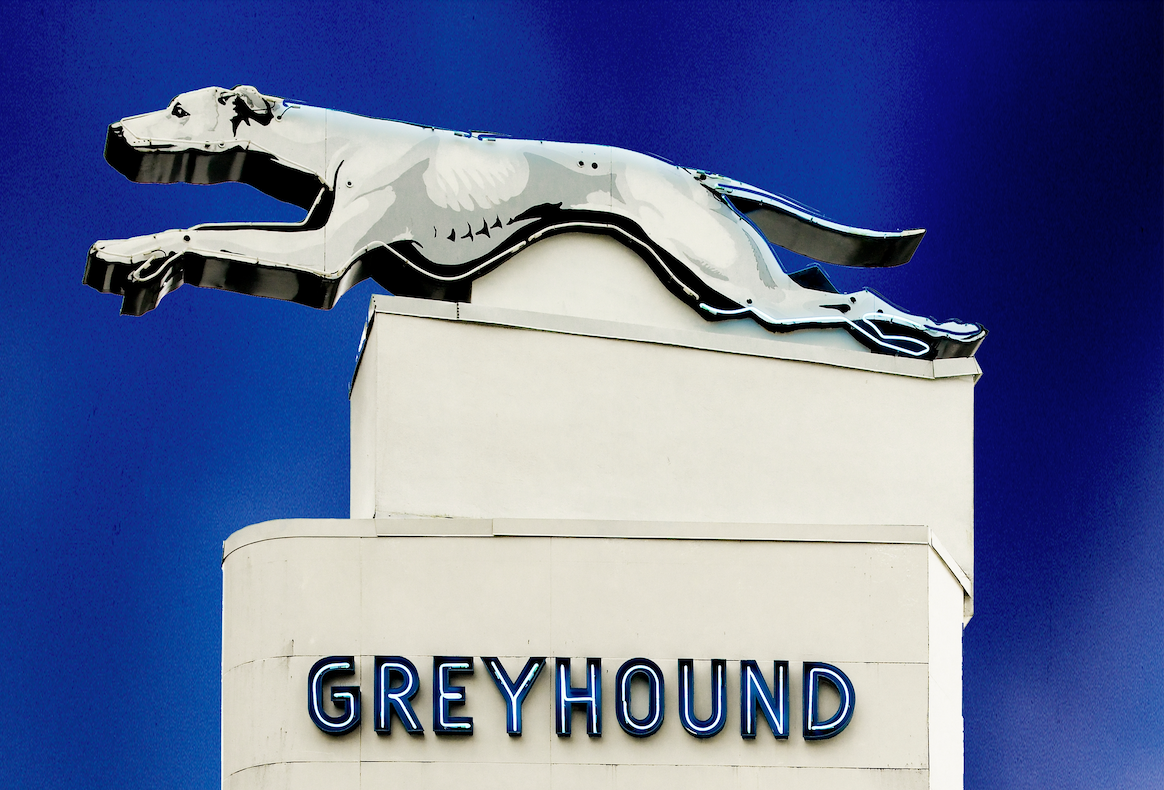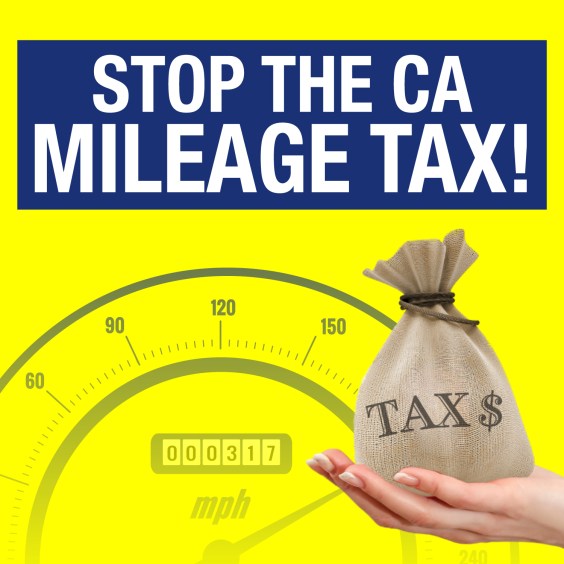- The Biden administration has released $500 million of $5 billion earmarked to buy electric school buses. The program will save an estimated 2,000 lives and prevent 18,000 cases of asthma. (Fatherly)
- Cities cut red tape for pedestrian-oriented projects during the pandemic, but now they're back to designing spaces for cars over people. (Fast Company)
- Electric cars shouldn't be included under the "multimodal" umbrella with environmentally friendlier options like walking, biking and transit. (streets.mn)
- Bird and Lime are using Google's augmented reality tech to avoid scooter clutter. (Smart Cities Dive)
- Also from Smart Cities Dive: Cities should be hiring infrastructure coordinators to tap into federal grants.
- A new book shows how transportation engineers can use behavioral science to make trains "feel" faster. (Human Transit)
- Florida's Brightline is by far the deadliest passenger rail line in the country. It has too many crossings, South Florida drivers aren't used to seeing trains, and the private company that owns it has ignored safety regulations. (Jalopnik)
- An Oregon agency is moving forward with new rules meant to spur denser development with less parking and more robust bike networks. (Oregon Public Broadcasting)
- Salt Lake City plans to build new roads to promote westward sprawl. (Salt Lake Tribune)
- Italy is subsidizing 30 percent of the cost of purchasing a cargo bike. (Eltis)
- Most of Vancouver is already a 15-minute city. (Planetizen)
Stay in touch
Sign up for our free newsletter
More from Streetsblog USA
Talking Headways Podcast: Concrete Doesn’t Spend Money, People Do
Dr. Lawrence Frank shows how the decisions we make about the built environment are a symbol of why the world is so f'd up. A very special edition of Talking Headways.
Why Does Trump Wants To Punish Cities For Free Buses?
Hint: it's probably not to make anyone's transportation network better!
Thursday’s Headlines Come Together
A large coalition is urging Congress to protect funding for active transportation.
Opinion: NYC Is Partly To Blame For Failure of Privately Owned Citi Bike After Winter Storm
The Mamdani administration should fine Lyft for falling short of its contractual obligations — and reward it for meeting or surpassing them.
Wednesday’s Headlines Are Back to the Future
Some old Greyhound stations are architectural landmarks. Can they be repurposed?
Another Conspiracy Theory, This One Around a Vehicle Miles Tax, Comes to California
"None of this required secret meetings or hidden language in the bill. It only required repetition — and the willingness to treat worst-case hypotheticals as settled fact."






